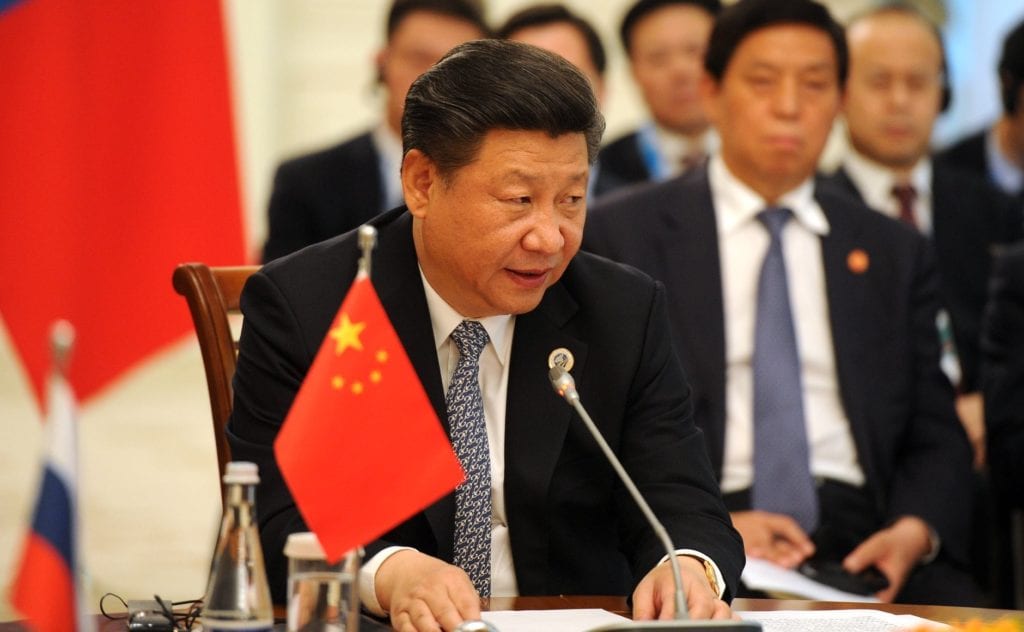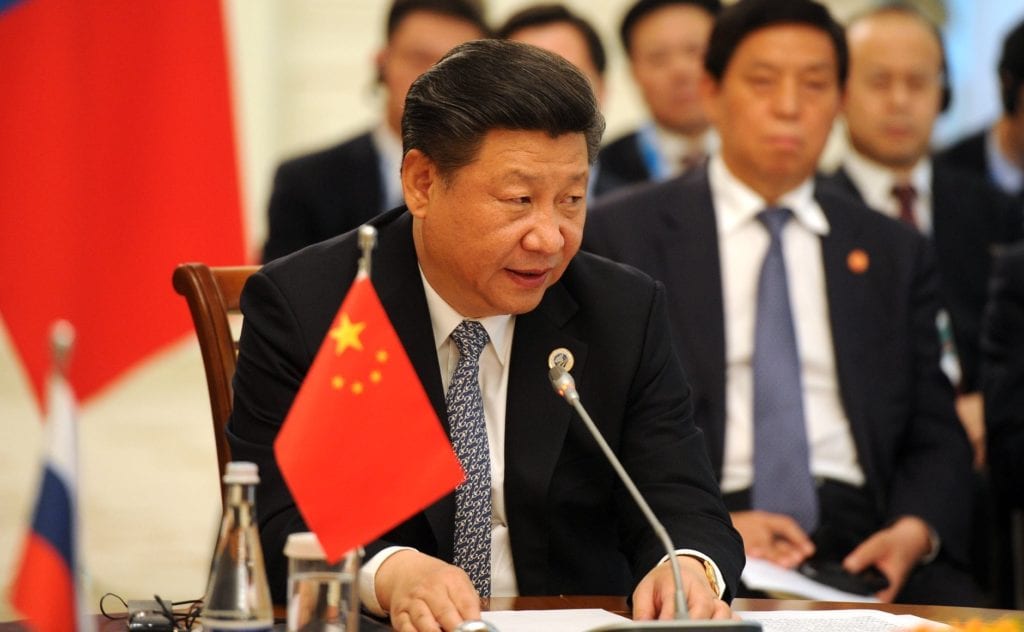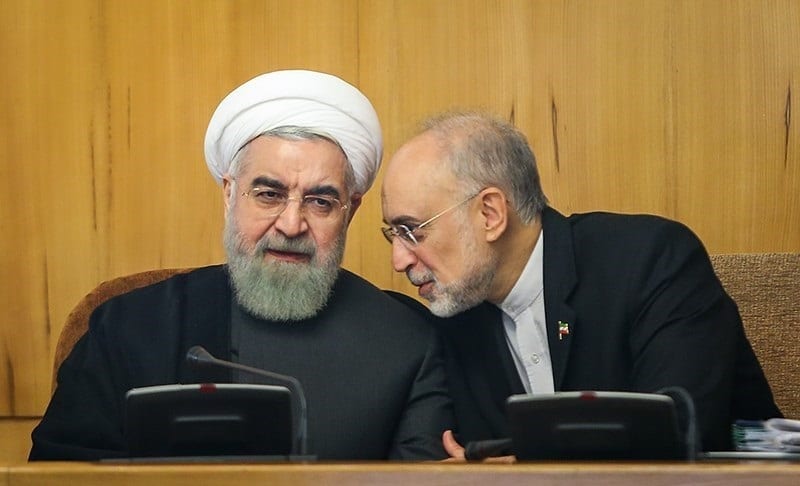Your cart is currently empty!

Experts Predict What Israel Can Expect from Biden Administration

Experts Predict What Israel Can Expect from Biden Administration
As Israel prepares for the incoming U.S. administration under the leadership of President-elect Joe Biden, questions abound in Israel over what his priorities will be and what his foreign policy will look like, especially regarding Iran and the Palestinian issue.
To that end, the Jerusalem Institute for Strategy and Security (JISS) led an online symposium together with B’nai B’rith International featuring experts debating what Israel can expect.
Former U.S. Ambassador to Israel Dan Shapiro said Biden’s priorities will be focused on resolving the coronavirus pandemic, improving the economy, dealing with racial issues and addressing climate change.
“This doesn’t mean that foreign policy is going to be ignored,” he said, going on to list Biden’s likely foreign-policy priorities. They include revitalizing key traditional American alliances, particularly with NATO and in Asia; restoring American leadership in multilateral arenas such as the United Nations, the World Health Organization and the Paris Climate Accord; and dealing with the challenge of a strategic rivalry with China and an aggressive Russia.
Iran, according to Shapiro, does not make it into the immediate top tier of concerns for the Biden administration.
Shapiro said the Iran issue is where “we will see some significant difference” between Biden’s approach and that of U.S. President Donald Trump.
While Israel’s leadership believes that Iran can be pressured through sanctions to abandon its quest for nuclear weapons, Shapiro seemed to offer only two options that exist: the risk of war or the risk of a nuclear arms race.
He said it would be “unthinkable” for the Biden administration not to engage regional actors such as Israel and the Gulf states in decision-making and future negotiations with Iran.
As for the Palestinians, Shapiro said the Biden administration will “reassert a U.S. commitment to a more traditional model” of peacemaking between them and the Israelis with a two-state solution in mind, as it also prepares for a change in Palestinian leadership that is “clearly in the offing and already beginning to play out.”

President of the People’s Republic of China Xi Jinping. Source: Kremlin.ru.
‘Stand up to Russia, China and Iran’
Robert Lieber, a professor of government and international affairs at Georgetown University, pushed back against Shapiro’s assertion that it is “unthinkable” that a Biden administration would exclude Israel and other relevant parties from negotiations with Iran, as was done during the previous administration.
“There is a stark, almost embarrassing contrast to what the Obama administration did,” he said. “It consciously failed to consult with Israel and others in the region. And when it did, it lied to them.”
Lieber noted that Biden will need to stand up to Russia, China and Iran, and while Biden wants to start out with a fresh agenda, he “risks making [former U.S. President Barack] Obama’s mistakes.”
Countering Shapiro’s remarks that a Biden administration will resort to similar past attempts at peacemaking, Lieber expected the President-elect Joe Biden won’t just go forward with what the Clinton, Bush and Obama administrations did in view of the failures of those presidencies, in addition to a more recent “unwillingness or inability of Palestinians to enter into any agreement with Israel.”

Iranian President Hassan Rouhani (left) and head of the Atomic Energy Organization of Iran Ali Akbar Salehi, Oct. 15, 2015. Credit: Hamed Malekpour via Wikimedia Commons.
‘Use capabilities, intelligence and knowhow Israel has’
Yaakov Amidror, a JINSA Fellow and Israel’s former National Security Adviser, pushed talk to examine why there is such a problem between the United States and Israel regarding Iran.
“The difference,” according to Amidror, “stems from two perspectives.”
“For Israel, the issue of Iran is a very close threat physically and geographically, and is about the destruction of the State of Israel. For the United States, as Ambassador Shapiro said, it is just another problem, not even in tier one,” he explained. “For Israel, it is the threat to its existence. For America, it is another threat. Not critical.”
The second perspective, according to Amidror, is that with the new administration, lifting sanctions and re-engaging with Iran symbolize “destroying the legacy of Trump and going back to the Obama legacy.”
Amidror said he believes that the Biden approach to Iran is “more about emotions than logic,” as the Biden team will do anything to move away from Trump’s policies and approaches.
“This would be a big mistake not to use this leverage created by Trump only because it was created by Trump,” he warned. The Biden administration could create an opportunity to get Iran to comply, he added, but only “if it will be wise.”
“If the Biden administration lifts the sanctions and says publicly it wants to go back to the old agreement, there is no chance; it will not happen. They will be making a mistake,” he continued, stressing “the Iranians are much better negotiators than the Americans.”
Amidror suggested that America maintain the sanctions and keep the pressure on Iran.
“Going back to the old agreement and then trying to fix loopholes has no chance,” he said. “The only way to achieve a ‘longer and stronger agreement’ as the Americans describe it, is to go by two stages.”
Amidror noted that the 2015 nuclear deal backed down from requiring Iran to dismantle its nuclear-weapons program, only insisting on its postponement and monitoring. “But the postponement was short and the monitoring was bad,” he said.
Addressing the Obama administration’s purposeful hiding of the 2015 Iran negotiations from Israel, Amidror said, “I hope this time the administration will not lie to Israel. I hope this time they will use the capabilities, intelligence and knowhow that Israel has and use it in negotiations, which they were not prepared to do in the Obama administration because they did not want to tell Israel the truth.”
He laid out four steps that should be taken in negotiating with Iran.
“First, keep the sanctions. It will help America negotiate,” he said.
“Second, such negotiations should be well-prepared,” and the emphasis should be placed on understanding “what ‘longer and stronger’ means.”
“Third,” he said, “Israel has a lot of knowledge about Iran, and how to prevent it from cheating and lying during the fulfillment of the agreement.”
“Fourth, aside from the nuclear issue, Iran is the most destructive and aggressive force in the Middle East due to its activities in Lebanon, Iraq, Syria and Yemen,” and these factors on the ground need to be addressed before going ahead, according to Amidror.
“America needs to place red lines on the Iranians. This will make America strong in the Middle East and will send a message to Turkey,” which Amidror noted is making efforts to compete with Iran. “For Israel, it is very important that America will become strong again in the Middle East and around the world.”
Israel in the News